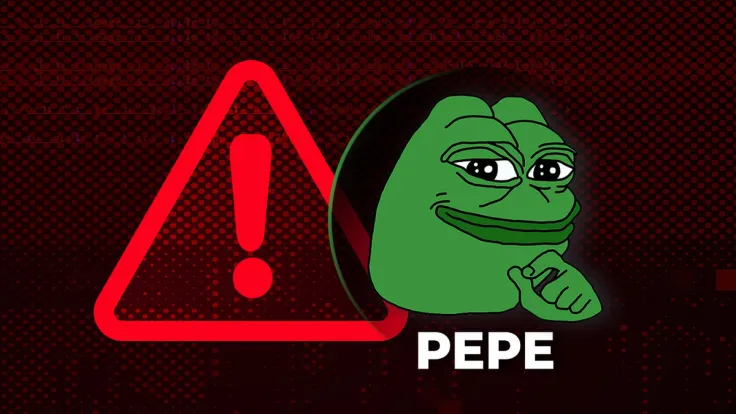
Disclaimer: The opinions expressed by our writers are their own and do not represent the views of U.Today. The financial and market information provided on U.Today is intended for informational purposes only. U.Today is not liable for any financial losses incurred while trading cryptocurrencies. Conduct your own research by contacting financial experts before making any investment decisions. We believe that all content is accurate as of the date of publication, but certain offers mentioned may no longer be available.
The underlying contract behind PEPE token, which recently showed 7500x growth on the market, contains some suspicious functions, including one that can blacklist users. The aim of this feature is to prevent a single wallet from gaining too much control over the token's supply, which can lead to market manipulation and unfair advantage.
However, this new feature has raised concerns about the token's decentralization. The blacklist function can only be called by the contract owner through the onlyOwner modifier, which means that the owner has significant power over the token's distribution and use. This centralized control over the ability to blacklist addresses is seen as a limitation on decentralization, which is one of the core principles of blockchain technology.

One wallet that held around $850,000 worth of PEPE was already blacklisted and will not be able to make any operations with the token. The owner of the wallet grabbed PEPE for only $27 at early stages of the token's path on the market.
In a truly decentralized system, there should be no single point of control or authority. Instead, power is distributed across a network of nodes, and decisions are made through consensus mechanisms. While blockchain technology has the potential to create a more decentralized and democratic society, the centralization of control over Pepe token's blacklist function is an example of how it can also reinforce existing power structures.
It is worth noting that there are other ways to address the issue of wallets holding large quantities of tokens without compromising decentralization. Some projects have implemented token burning mechanisms or introduced automatic redistribution of tokens to all holders to prevent the concentration of power in a few hands.


 Dan Burgin
Dan Burgin Vladislav Sopov
Vladislav Sopov